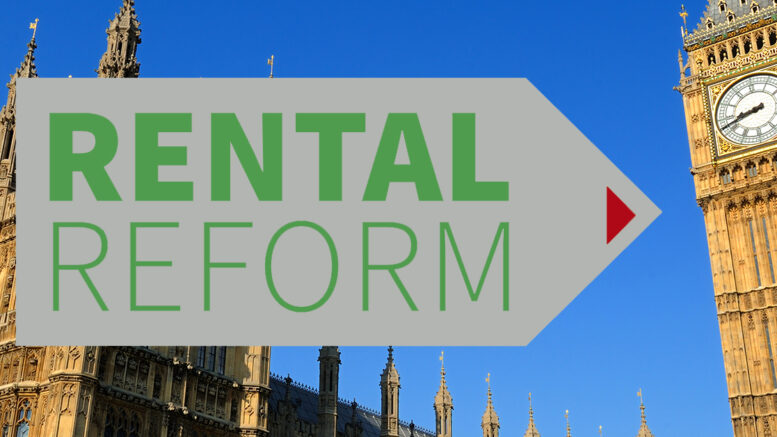Propertymark urges the UK Government to clarify its plans for abolishing Section 21 no-fault evictions to prevent overwhelming the court system in England and Wales.
King’s Speech and Labour’s Legislative Intentions
Ahead of the King’s Speech on 17 July, reports indicated that Labour intends to introduce an enhanced version of the Renters’ Reform Bill, initially proposed by the Conservatives before the general election. Banning Section 21 no-fault evictions is set to be a central feature of the new legislation, reflecting the Conservative’s previous intentions.
The King announced, “Legislation will be introduced to give greater rights and protections to people renting their homes, including ending no-fault evictions, and reforming grounds for possession.” Despite the focus on energy efficiency in the King’s Speech, no specific measures were outlined to help landlords make properties carbon neutral.
Concerns from the Property Industry
Propertymark has previously expressed concerns that abolishing Section 21 without an adequate alternative could lead to significant delays and increased costs for landlords and tenants. The organisation warned that the volume of regulatory and financial pressures on landlords might discourage investment in the private rental sector, potentially leading to a shortage of homes and rising rents.
In December 2023, Propertymark presented evidence to the Public Bill Committee, highlighting landlords’ worries about abolishing Section 21 without a robust replacement. The original Renters’ Reform Bill proposed expanding grounds for possession under Section 8, which would require more cases to go through the courts.
Nathan Emerson, CEO of Propertymark, commented, “The Renters’ Reform Bill caused great uncertainty for many landlords when it was introduced by the last government, so we hope that the new UK Government’s revised version of this legislation clarifies what new mechanism will be implemented if they succeed in abolishing Section 21.”
Future of the Rental Market
Letting agents and landlords are concerned about potential delays in property repossession if Labour’s plans proceed without a clear alternative to Section 21. Propertymark hopes Labour’s new ambitions will avoid such limbo.
The former government had agreed with Propertymark’s recommendations to speed up the court process and allow rent agreements between landlords and tenants. Emerson emphasised, “Whilst Propertymark supports renters having firm rights to challenge unfair practice, any new legislation must strike a fairness for all involved.”
He also highlighted the need for energy efficiency improvements, noting, “Many tenants have faced high energy bills in recent years, and while it is positive to see that the new UK Government has made clean energy one of its central pledges, Propertymark has long called for landlords and agents to be provided with loans and grants to make energy efficiency improvements in their homes.”
As the UK Government moves forward with its plans to abolish Section 21, clarity on the new legal mechanisms and support for landlords will be crucial to ensure a balanced and functional private rental sector. The proposed reforms aim to provide greater security for renters while maintaining investment and supply in the housing market.








